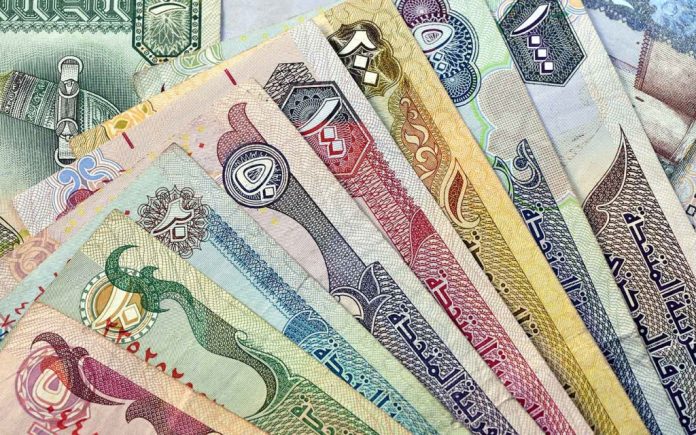Saving money is an art and when it comes to saving money from salary it is more challenging as it is a fixed income and will arrive only on a particular date. You have to allocate all your expenses once you receive the salary income. Here in this article we list down some of the tips for saving money in the right way.
- Prepare a Budget
- Prepare Goals
- Tracking your expenses
- Look for slow and steady growth
- High yielding account
- SIP
- Payment of high interest loans
- Reduce loan burden
- Refinancing is good
- Plan your expenses
1. Prepare a Budget
The first step towards saving money is to prepare a budget and adapt to it. Compare your income to the expenses and understand your priorities. Prepare your budget and allocate expenses towards each line item. Spend only that much you allocated to the budget in the month, do not spend more than the budget. Use a template to prepare your budget. For money management, always use the technique of 50/30/20 method. Where you allocate 50% towards needs, 30% towards wants, and then 20% towards savings.
2. Prepare Goals
Prepare your financial goals which are realistic goals. When you prepare a goal you will allocate an expense associated with the goal and work towards it. Example paying a credit card debt this goal will help you to allocate your money towards it and also give you a sense of accomplishment.
3. Tracking your expenses
You can track monthly expenses which will help you to save a lot of money. When you have the habit of tracking expenses you will know where you are spending and how much you are spending. It will also help you to progress towards savings. Try a budget app following a trial round and then you will understand how to achieve your understanding on tracking your expenses.
Click here for Top 5 Unexpected Expenses to Plan
4. Look for slow and steady growth
Saving money is a long term process and it is a continuous process where you earn, spend and save. Track your monthly spending income, your expenses and this will easily give you an idea of how much you have saved on hand. Every month set a target of saving money and investing that amount for growth prospects.
5. High yielding account
Put all your savings money in a high yielding account so that you can get interest on that account. The interest rate of high yielding savings accounts are good and safe. They provide you with the flexibility of withdrawing money any time from the savings account.
6. SIP
SIP means Systematic Investment Plan. Invest your money in this plan slowly and you will see growth in your funds. Over a period of time a corpus fund will be built and you can do this slowly by adding a certain amount of money from your monthly earnings.
7. Payment of high interest loans
Payment of high interest loans should be your top priority. When you pay off your high interest loans it will reduce the burden on your salary. If you are not able to pay off the complete loan at least plan to pay a partial loan amount. Explore the different options of payment of high interest loans.
Read- Is Interest-Only Retirement Possible?
8. Reduce the loan burden
Setting up payments on auto debt is a good option to reduce the loan burden. A direct debit from your bank account is a good idea to reduce loans with less effort. This technique will help you to reduce the loan and also save money. Reducing the loan burden is a good technique to save your money.
9. Refinancing is good
Refinancing can save a lot of money but take into consideration other factors like paying your debt. With the refinanced money keep a priority of paying back your loan and the remaining money you can start paying every month. This way you can skip the burden of the monthly payment amount. Use a calculator and make an estimate how much you are paying and how much you can save money.
10. Plan you expenses
Planning your expenses is very important because you will end up paying for unwanted purchases. If you go shopping without planning then you will be enticed by the offers, discounts and then purchase things which you do not require. Make a list of items which you want to purchase and follow the list. It will save your money from unnecessary purchases.
Take away
Saving money is a continuous process where it all begins with your mind management towards purchases. Analyze your goals, prioritize your needs, reduce your luxuries, whims and fancies. Target your money towards saving and then begin your spendings. It is a monthly process so keep track of these income and expenses monthly and over a period of time you will learn the habit of saving money.
About the author
Vinay Kumar Goguru is a finance professional with more than 8 years of diverse experience as a researcher, instructor and Industry work experience with both public and private entities. Prior to MyMoneySouq, he spent 6 years in Berkadia, It's a commercial mortgage banking company. He has a "Doctoral Degree in Commerce" and two master's degrees with a specialization in Finance, one as Master of Commerce and other as Master of Business Administration. He has written several articles on personal finance, published by different International journals. He loves traveling, reading and writing is his passion. He has a dream of writing a book on his favorite finance topics.


